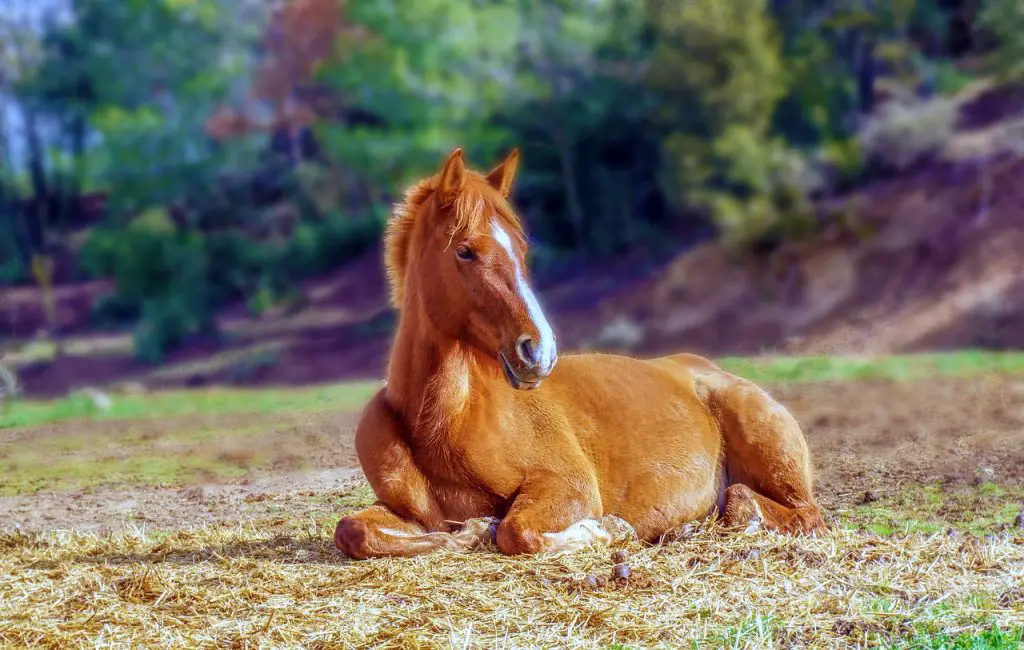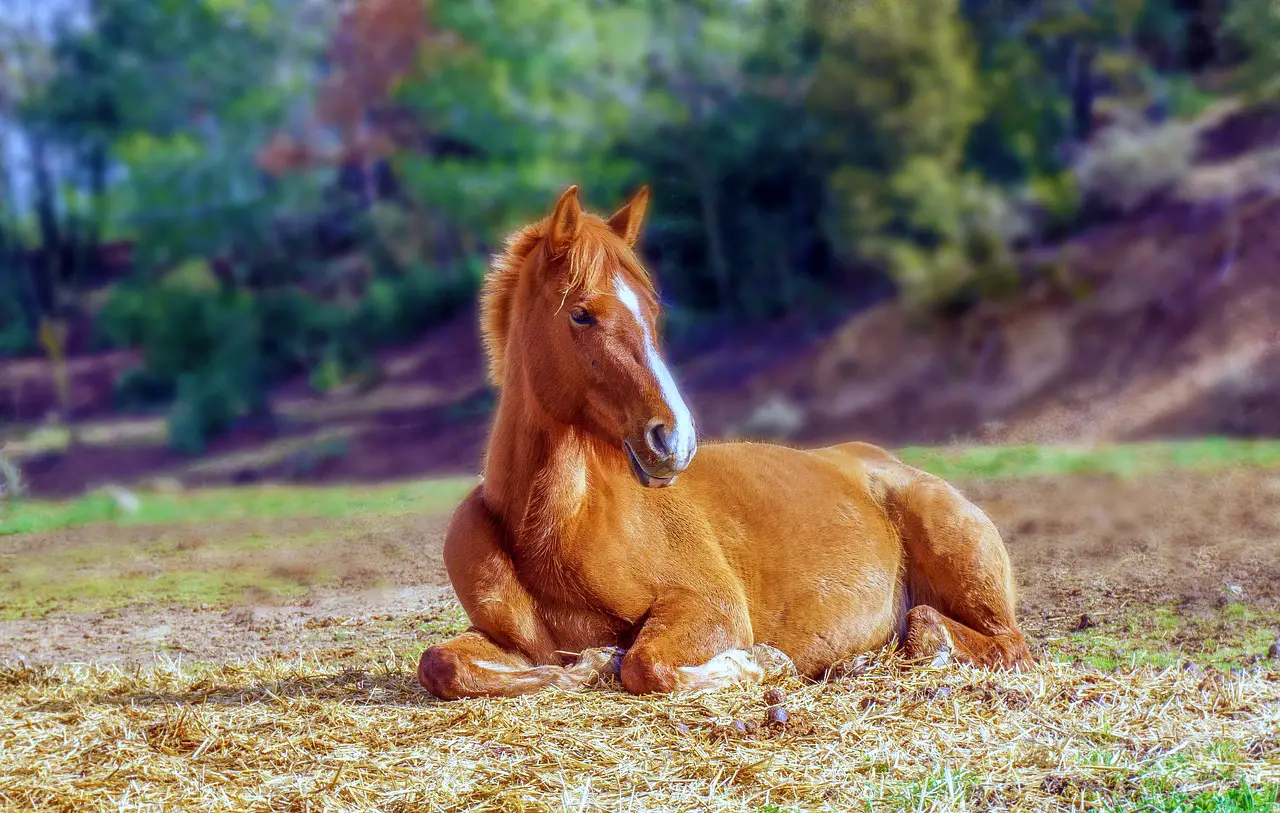Last Updated on February 21, 2022 by Allison Price
Horses are generally not affected by pinworms, except for the occasional tail rubbing. Pinworms are females that emerge from the anus to lay eggs in sticky films. Horses can become itchy and rub their tails. Horses can be seen rubbing their tails, or even pinworms in their manure, after being dewormed with an anti-pinworm dewormer. There are two possible explanations for apparent pinworm resistance: either pinworms develop anthelmintic resistance over the course of time, or they may not be as sensitive to dewormers. You should also rule out allergies and dermatitis as possible causes of tailhead rub.
Reinemeyer (2010) and others studied the effectiveness of ivermectin, the label dose, and pyrantel pamoate (double what is used to treat tapeworms in horses) for pinworm infection. In treating adult pinworms in horses, both pyrantel and ivermectin were more effective than horses who were not dewormed. Both anthelmintics were effective against adult pinworms, as evidenced by this study. Another study showed that pinworms that had survived treatment with Ivermectin were able to be removed if the horses were dewormed with pyrantel pamoate.

Pinworm infections are difficult to diagnose if adult worms cannot be seen in horses’ manure. Pinworm infections can be missed by fecal flotation, which is used to identify other parasites. This is because the eggs of female worms are not found in the horse’s rectum. Pinworm infections can be diagnosed by scraping the area around horse’s anus or applying clear adhesive tape to several areas around it. To check for pinworm eggs, the tape or scraping can be microscopically examined.
Pinworms and other signs may still be present after deworming. In these cases, a different drug class dewormer might prove to be more effective. Underdosing horses is the most common cause of apparent dewormer inefficacy. For the best results, it is important to get a precise weight and not underdose your horse. For the best advice on diagnosing and treating pinworm infections, consult your veterinarian.
Reinemeyer, C.R., J.C. Prado, E.C. Nichols and A.A. Marchiondo. 2010. The effectiveness of pyrantel equi and ivermectin-paste formulations against Oxyuris Equine infections naturally acquired in horses. Veterinary Parasitology 171 (1):106-110.



